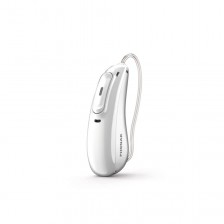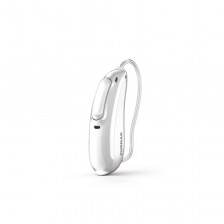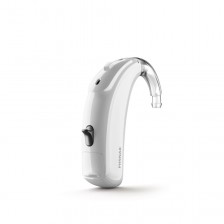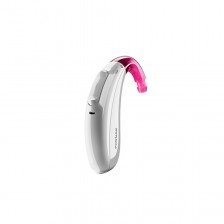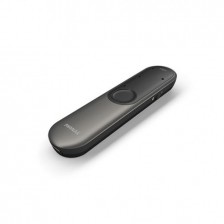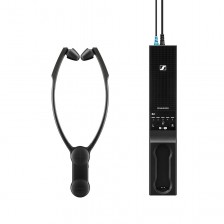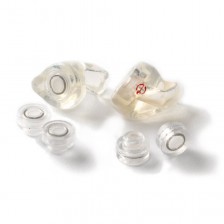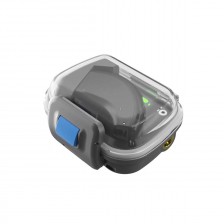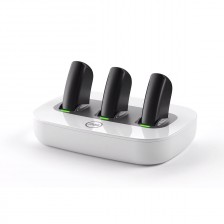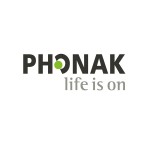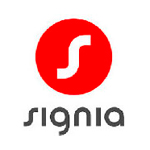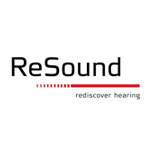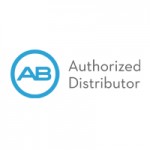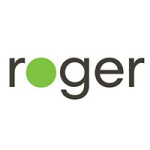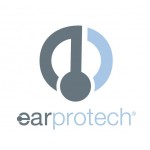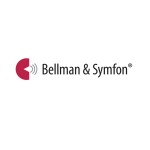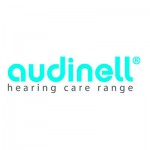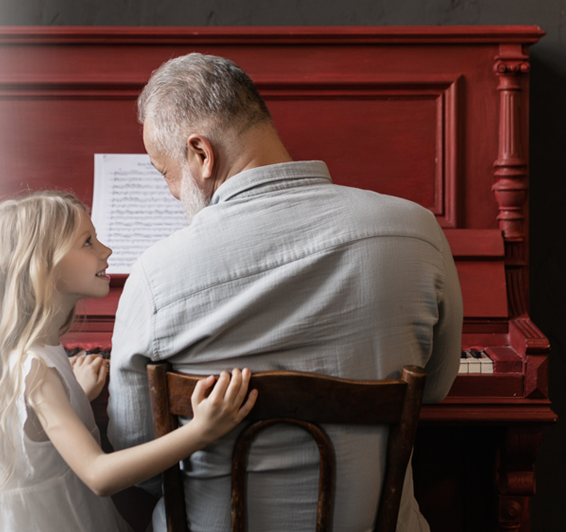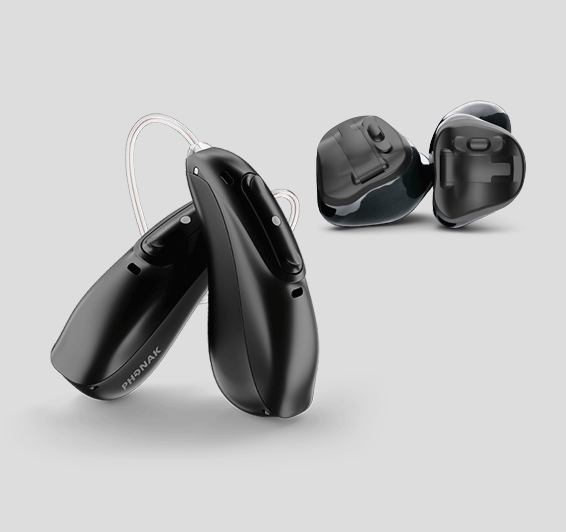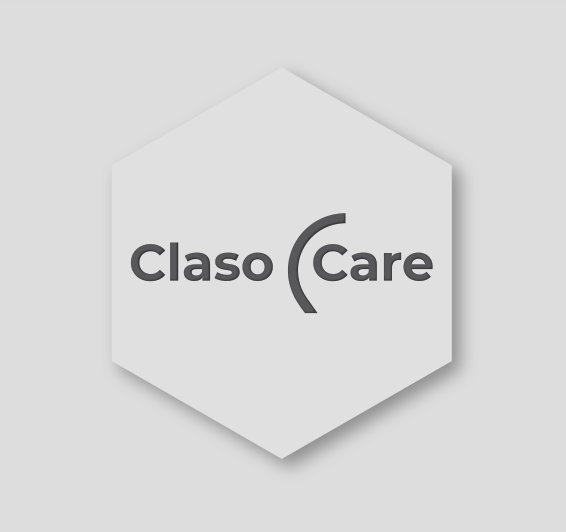Reasons why your child has a hard time learning to talk

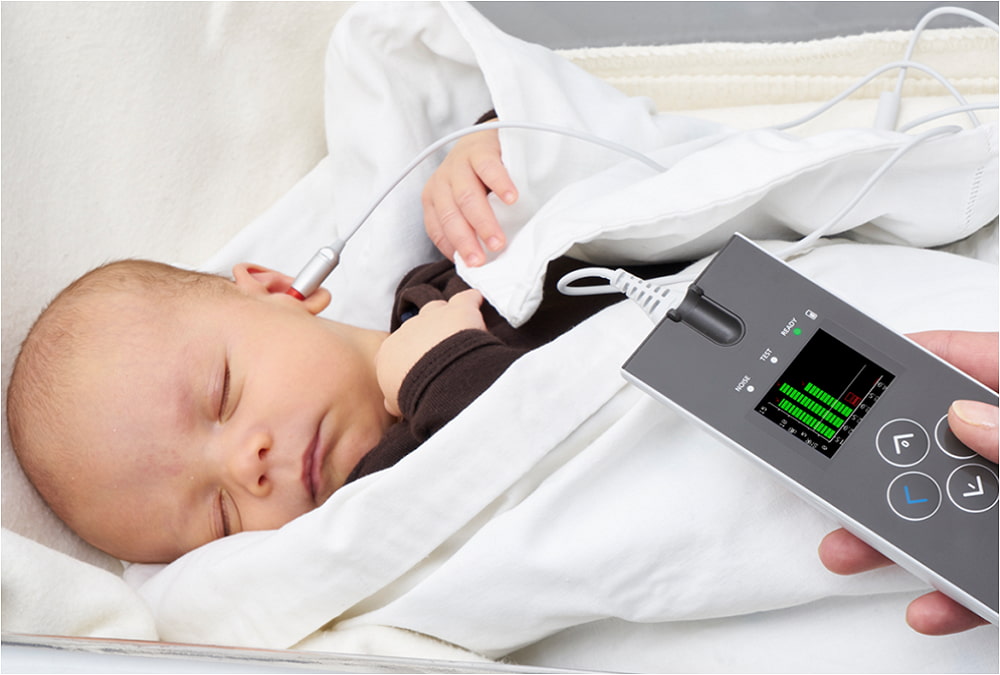
The development of a child is something that undoubtedly concerns (and rightly so) every parent in the world. It is difficult to find parents who are indifferent in front of a child who, for example, has difficulties when it comes to learning, relating or communicating normally.
There are several signs that can give us the alarm about an evident difficulty a child might be facing when learning to speak and communicate: use of limited vocabulary compared with other children of his age, omission of important words, difficulty to learn new words, excessive repetition of certain phrases. .. and this may occur for a variety of reasons, including: expressive language development disorder (the child shows difficulty to put thoughts or feelings into words), mixed receptive-expressive language disorder (in addition to expressive symptoms, the child may have difficulty understanding what others are saying), social communication disorder (the child shows serious difficulty having normal conversations, either constantly interrupting and talking too much, or doing the opposite), auditory processing disorder (the child has difficulty processing spoken language). .
Another reason that might hinder a child's ability to speak is hearing loss. If a child cannot hear properly, the areas of the brain responsible for communication do not develop normally, making it difficult to both speak and understand.
Fortunately, being able to identify the hearing loss early will allow the child to communicate properly, almost normally (always depending on the case, of course). These paediatric tests exist, and we have talked about them on more than one occasion.
For example, the Acoustic Otoemissions test is widely used to check the auditory state of neonates as well as Auditory Evoked Potentials (EAP). These objective tests that do not require the participation of the patient are ideal: they give almost immediate results and are not invasive for the small child. Both tests are performed in clinical settings for all neonates. This process is called neonatal screening or screening.
This is why at Claso we recommend hearing tests performed on neonates; although it is true that some cases can only be identified later on, if there is already a birth injury and it can be identified, a very important work will already be done to facilitate the child's life at a communicative level.
